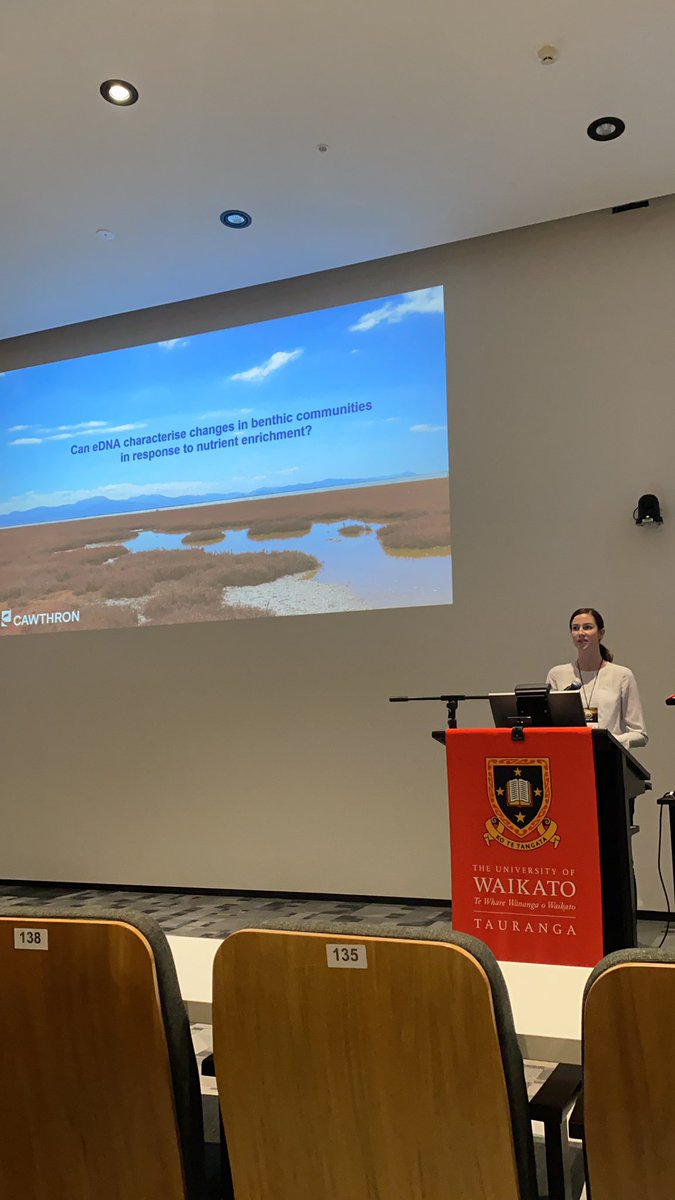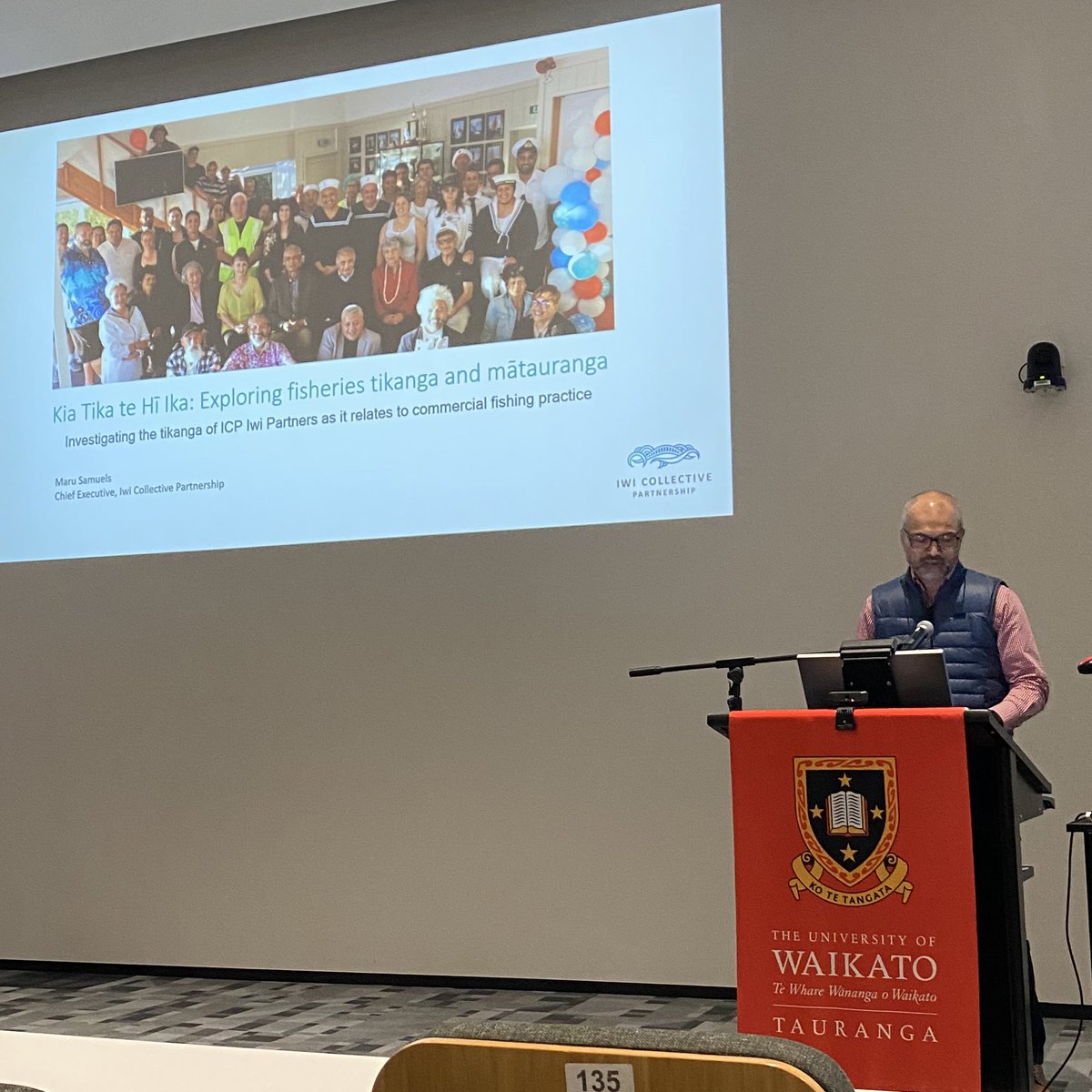
Next we have Nick Lewis @EnvUoA speaking about the #BlueEconomy and some of the projects we have funded #NZMSS2021
We define a Blue Economy as being ‘made up of marine activities that generate economic value AND contribute positively to social, cultural and ecological well-being. It’s an aspiration
Some of our work include familiar ways of understanding the economy with $$$ and %%% and numbers/statistics through traditional analyses. These have dominated our thoughts on economy for a long time #BlueEconomy
But they don’t show the whole picture…. Doesn’t account for a Te Tiriti/Treaty context, groups, communities, government agencies etc… 

Project 1) restorative marine economies sustainableseaschallenge.co.nz/our-research/r…
Project 2) indigenising the Blue Economy (project page is coming soon!)
Project 3) growing marine ecotourism sustainableseaschallenge.co.nz/our-research/g…
Project 4) building a seaweed sector (you’ll hear more about this next!) sustainableseaschallenge.co.nz/our-research/b…
Plus, our Innovation Fund projects: shorter, more target projects, including Kia tika te hī ika with @IwiCollective sustainableseaschallenge.co.nz/our-research/i…
Kia ora Nick! #NZMSS2021
@threadreaderapp unroll
• • •
Missing some Tweet in this thread? You can try to
force a refresh














